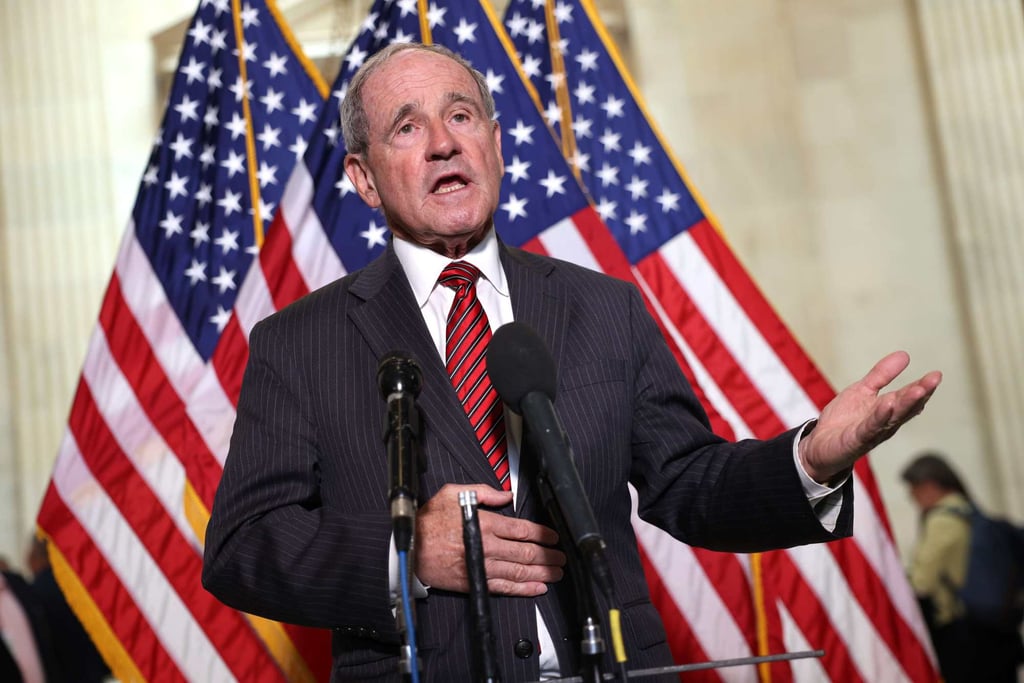US development agency nominee pledges to review projects using Chinese solar panels
- Eighteen solar projects currently source solar panels from China, according to a leading Republican senator, who was briefed on the matter
- ‘Taxpayer money should never be used to support forced labour,’ Joe Biden’s nominee says

Scott Nathan, a former Barack Obama administration official, made the commitment during an appearance before the Senate foreign relations committee as it weighed his nomination to lead the US International Development Finance Corporation (DFC).
Eighteen of the 21 solar projects currently funded by the DFC source solar panels from China, according to the committee’s lead Republican, Senator James Risch of Idaho, who was briefed on the matter by DFC leadership.

Asked by Risch whether he would follow up on an October letter to the DFC in which the senator called for the agency to shun Chinese-manufactured solar panels, Nathan responded: “Absolutely. Taxpayer money should never be used to support forced labour.”
Beyond questions around forced labour, China loomed large over much of Nathan’s exchanges with senators on Wednesday, as members of the committee highlighted China’s huge investment in overseas infrastructure projects and the potential role that the DFC could play in offering an alternative.